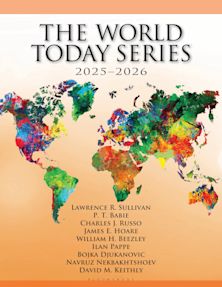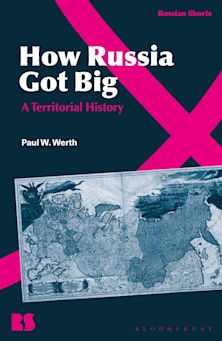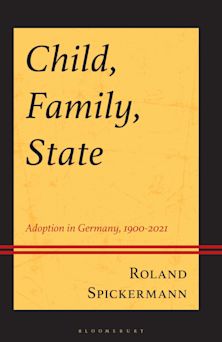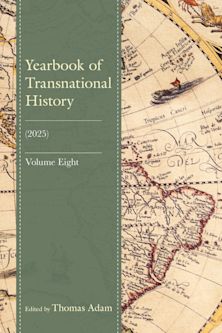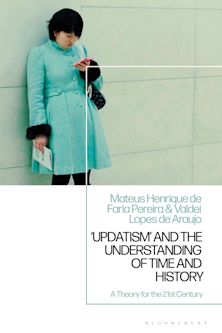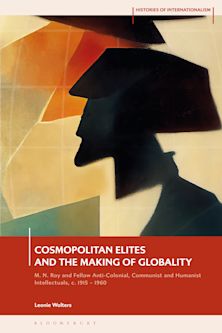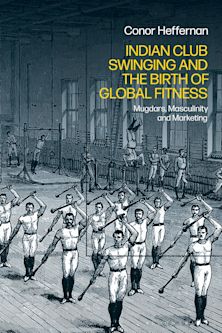- Home
- ACADEMIC
- History
- World History
- Eros and Empire
For information on how we process your data, read our Privacy Policy
Thank you. We will email you when this book is available to order
You must sign in to add this item to your wishlist. Please sign in or create an account
Description
The sixteenth century was an extremely critical time for Christianity and politics in Europe; the birth of Protestantism and Machiavelli's new approach to politics, morality, and religion are only two examples of the turbulence of the time. Don Quixote, argues Henry Higuera, was a response to this turbulence. Too few readers realize that Cervantes's immortal hero wanted to conquer the world. Through a careful examination of the novel against the background of Christian theology and European moral and political theory, Higuera demonstrates that Don Quixote portrays, analyzes, and criticizes how Christianity tends towards a kind of imperialism fueled by eros. He shows first just how erotic the relation between the soul and God was in the Catholic tradition; second, how theological Don Quixote's understanding of Dulcinea is; and third, how closely the Books of Chivalry are related to contemporary controversies about the Bible. The resulting study is an important one for scholars and students of political theory, intellectual history, and literature.
Product details
| Published | Aug 08 1995 |
|---|---|
| Format | Ebook (Epub & Mobi) |
| Edition | 1st |
| Extent | 192 |
| ISBN | 9780742578616 |
| Imprint | Rowman & Littlefield Publishers |
| Publisher | Bloomsbury Publishing |
About the contributors
Reviews
-
Higuera provides a pathbreaking analysis of the complexities of Don Quixote that will send Cervantes scholars scrambling back to the text. At the same time he has written one of the best introductions to the book for general readers.
Paul Cantor, University of Virginia
-
This is far and away the best analysis that I have ever read of the political teaching of Don Quixote, one of the literary masterpieces of our tradition and hence a work of abiding interest . . . to all of us.
Ernest Fortin, Boston College
-
Higuera serves us well by his practical criticism and close reading of the novel itself rather than a fashionably theoretical abstractedness...
Thomas Werge, University of Notre Dame













